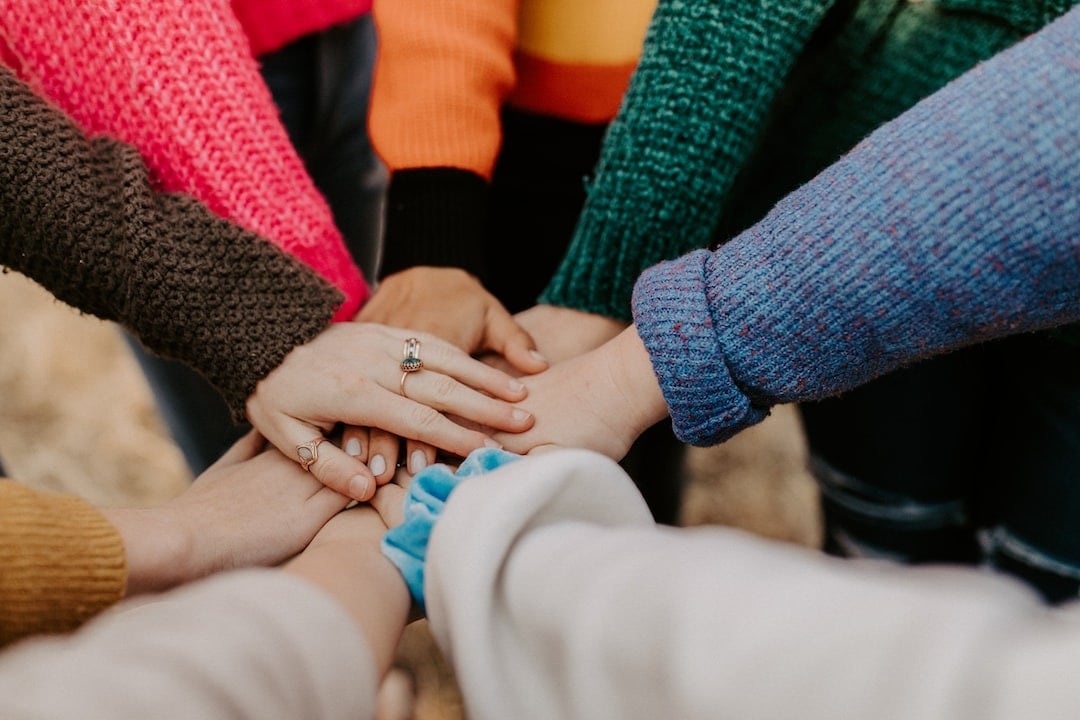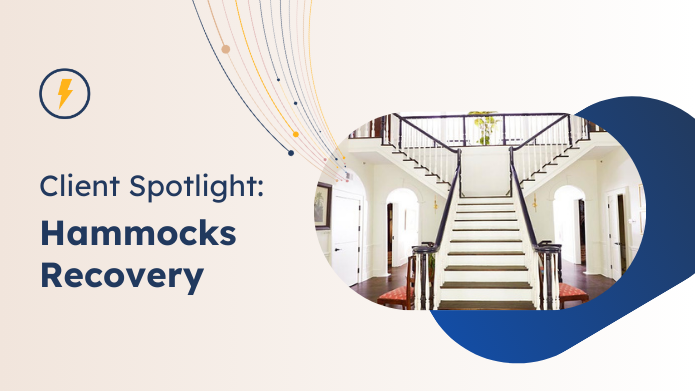You have probably heard of many different diseases, health conditions, and other causes that have their own months, weeks, or days. One that is very commonly recognized is Breast Cancer Awareness Month, which takes place in October. You may have also heard of American Heart Month in February.
Some of these commemorative periods are very broad, encompassing the experiences of many people, like UV Safety Awareness Month in July or National Family Health History Day on November 25. Others may speak to the experiences of a smaller, more specific community, like American Diabetes Month in November or National Parkinson’s Awareness Month in April.
Many awareness months are centered around illnesses and conditions that are widely recognized by the public. Most people you encounter will have at least a rudimentary understanding of diabetes. Many people have personally been impacted by breast cancer, whether they have had it themselves or know someone close to them who was diagnosed with it. We celebrate people living with these conditions for their bravery and hope, even in the darkest of times.
An Invisible Fight
However, not everyone is celebrated equally. Those living with invisible illnesses have their bravery tested routinely, and it takes incredible courage and hard work to keep going. They deserve to be recognized as well.
Examples of invisible illnesses are mental health disorders and substance use disorder (SUD). You can’t tell a person is struggling with a mental health disorder or substance abuse just from looking at them. This can lead to misunderstandings about the prevalence and severity of these conditions.
In reality, the fact that many of your friends, family members, coworkers, and other acquaintances you encounter in your everyday life might be secretly dealing with a mental health disorder or substance abuse is a testament to the strength of those people who get up every day and go on with their lives despite the pain.
Creating Awareness for Invisible Illnesses
Awareness campaigns provide education that helps with prevention and early intervention in the treatment of SUD and mental health disorders, which increases the chance of treatment efficacy. Awareness makes important resources, like the National Suicide Prevention Lifeline, widespread. These campaigns also reduce stigma, the societal prejudice that guides how we view and treat certain groups of people.
Many people who need treatment do not seek it out because of the stigma they experience in their families, friend groups, workplaces, and schools. Awareness efforts also have the benefit of generating interest and funding for research into evidence-based treatment and innovative approaches to treatment.
A certain cause does not need a ribbon or logo to make it legitimate. However, these awareness campaigns backed by various organizations, agencies, and corporations can provide critical education and help to change the narrative surrounding commonly misunderstood disorders.
National Recovery Month
For these reasons, it is essential to spread the word about National Recovery Month. September is National Recovery Month. This awareness month acknowledges the perseverance and resilience of those recovering from SUD and other mental health disorders. The prevailing message of National Recovery Month is that not only is there help available for those struggling with their mental health, but also that treatment works.
Mental illness and substance abuse are characterized by feelings of hopelessness and isolation. When you feel such intense pain, whether caused by debilitating depression and anxiety or a substance abuse problem that is wreaking havoc in your life, it is easy to feel like you are the only person in that position. It can feel like there is no one to ask for help because no one will understand or, even worse, care about your experience.
National Recovery Month was implemented in 1989 to show people this was not the case. Many people are living in recovery from a mental illness or substance abuse problem that they themselves once thought they could never overcome.
Having role models to look up to is essential in many areas of our life, and that is the same for recovery. Hearing from people who struggled with the same symptoms and experiences as you but committed to treatment and found wellness on the other side can provide hope and motivation to those earlier on in the journey. Fostering community and partnership takes away from the power of stigma to keep people quiet.
Get Involved With National Recovery Month
Until last year, National Recovery Month was hosted by the Substance Abuse and Mental Health Service Administration (SAMHSA). Each year has had a theme, but 2021’s theme of “Every Person. Every Family. Every Community” was chosen as the permanent theme. This month, there will be many events and ways to get involved for those in recovery to share their voices and stories and those who love someone in recovery.
Every day, individuals living with mental health disorders and substance use disorder (SUD) are choosing to get the help they need. The decision to seek treatment after struggling for so long is a tremendous leap of faith and an act derived from bravery and hope. At Lightning Step Technologies, we believe the mental health professionals who give those seeking treatment a lifeline are superheroes. That is why we are dedicated to making your job easier and helping you focus on exemplary patient care. Our All-In-One system incorporates a CRM, EMR, and RCM in one platform. Documentation is an essential component of running a treatment center and keeping track of patient progress, but it often takes more time than you have. Let Lightning Step Technologies take care of your software needs so you can focus on what you do best: saving lives. To learn more about our All-In-One system, schedule a demo today.









